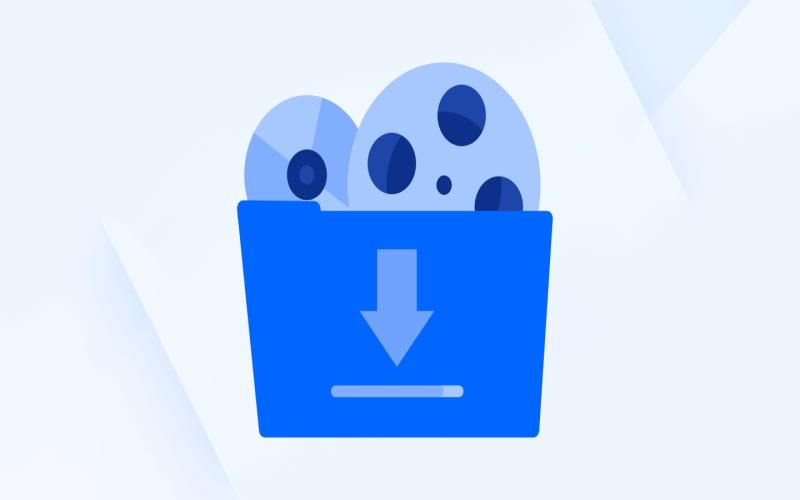Torrent sites are online platforms that enable users to share and distribute digital files via a decentralised peer-to-peer network. Torrents provide a quick, scalable, and effective way to transport data of all sizes by utilising total bandwidth and resources. While torrenting has garnered its fair share of controversy due to its association with piracy, it’s essential to recognize that 토렌트사이트 are neutral technology that helps for legal and illegal purposes. As with any technology, it’s crucial for users to understand the risks and responsibilities associated with torrenting and to use torrents responsibly and ethically.
Understanding Torrent Sites:
Torrent sites are online platforms that facilitate the sharing and distribution of digital files through a peer-to-peer (P2P) network. Unlike traditional file hosting services, which rely on centralised servers to store and distribute files, torrent sites operate on a decentralised model, leveraging the collective bandwidth and resources of users’ computers to transfer files directly to one another.
How Do Torrents Work?
Torrent files, which are tiny metadata files with details on the files shared and the peer network involved in the sharing process, are the foundation of torrent websites. When a user wants to download a file from a torrent site, they first download the corresponding torrent file or click on a magnet link, which automatically loads the necessary information into their torrent client.
Torrent Client:
A torrent client is a software application that enables users to download and upload files via the BitTorrent protocol. Once the torrent file is loaded into the client, it connects to a network of peers (other users who are sharing the same file) and begins downloading the file in small pieces, known as “chunks” or “blocks.”
Peer-to-Peer (P2P) Network:
Instead of relying on a single server to host the file, torrents distribute the file across multiple peers, each of which contributes a portion of their bandwidth and resources to the download process. It speeds up the download but reduces the strain on any single server or network.
Seeders and Leechers:
Within the torrent ecosystem, users are classified as either seeders or leechers, depending on their role in the sharing process. Seeders are users who have downloaded the file and are actively sharing it. Leechers, on the other hand, are users who are in the process of downloading the file and are sharing the portions they’ve already downloaded with other users.
The Role of Trackers:
The 토렌트사이트 often rely on trackers to coordinate the data between peers. Trackers act as centralised servers that keep track of which peers are participating in the sharing process and help connect users. While some torrents use public trackers open to anyone, others may use private trackers that require users to register and adhere to rules and guidelines.
Piece Selection and Prioritization:
Torrent clients use a process called piece selection to determine which parts of the file to download first. Clients can ensure a file across peers and speed up the download process by giving rare or missing portions priority. Additionally, clients may allow users to prioritise files within a torrent or allocate more bandwidth to specific downloads, further customising the download experience to suit their needs.
Speed and Efficiency:
Torrent sites often offer faster download speeds than traditional file hosting services, especially for large files. This is because torrents distribute the file across multiple peers, allowing users to download different parts of the file from sources. Additionally, the decentralised nature of torrents means that the download speed is not limited by the capacity of a single server, resulting in more efficient use of available bandwidth.
Resilience and Redundancy:
Torrents are inherently resilient to network failures and server downtime. Since files are distributed across multiple peers, even if one or more peers go offline, the download can continue uninterrupted by retrieving the missing pieces. This redundancy ensures that users have a higher chance of successfully downloading a file, even under adverse network conditions.
Availability:
Torrent sites offer a wide range of content, including movies, music, software, games, ebooks, and more, making them a one-stop destination for digital entertainment and resources. Additionally, torrents enable users to access content that may be unavailable or out of print, preserving and disseminating rare or obscure material for future generations.
Legal and Ethical Considerations:
While torrents offer many advantages, it’s essential to recognize that they can help for illegal purposes, such as piracy and copyright infringement. Downloading or sharing copyrighted material without permission is against the law in some countries and can result in legal consequences for users. It’s crucial for users to respect copyright laws and to download or share content that they have the legal right to access.
Additionally, users should be aware of the potential risks associated with torrenting, including exposure to malware, viruses, and other security threats. To mitigate these risks, users should only download torrents from reputable sources, use antivirus software, and practise safe torrenting habits, such as avoiding suspicious or unverified torrents and regularly updating their software and security settings.

